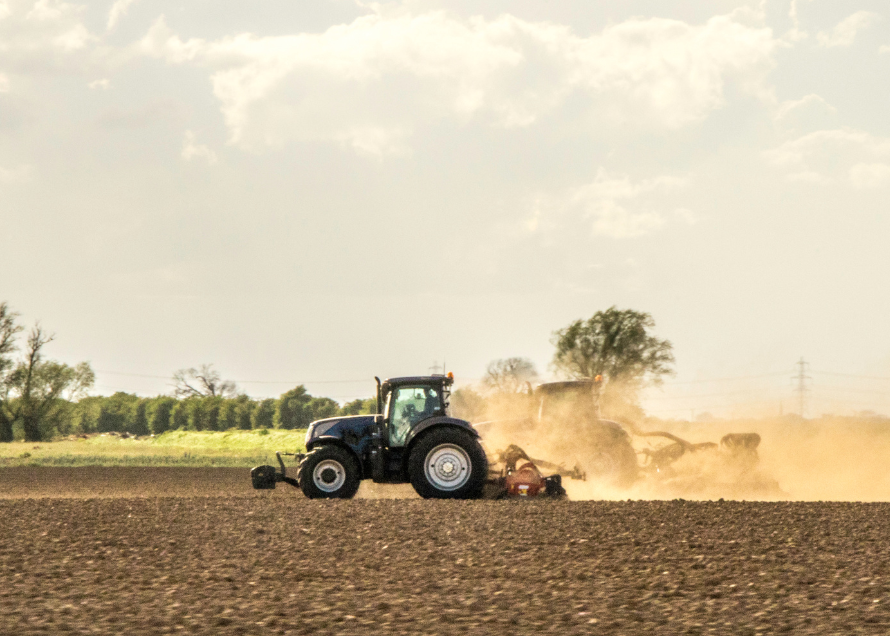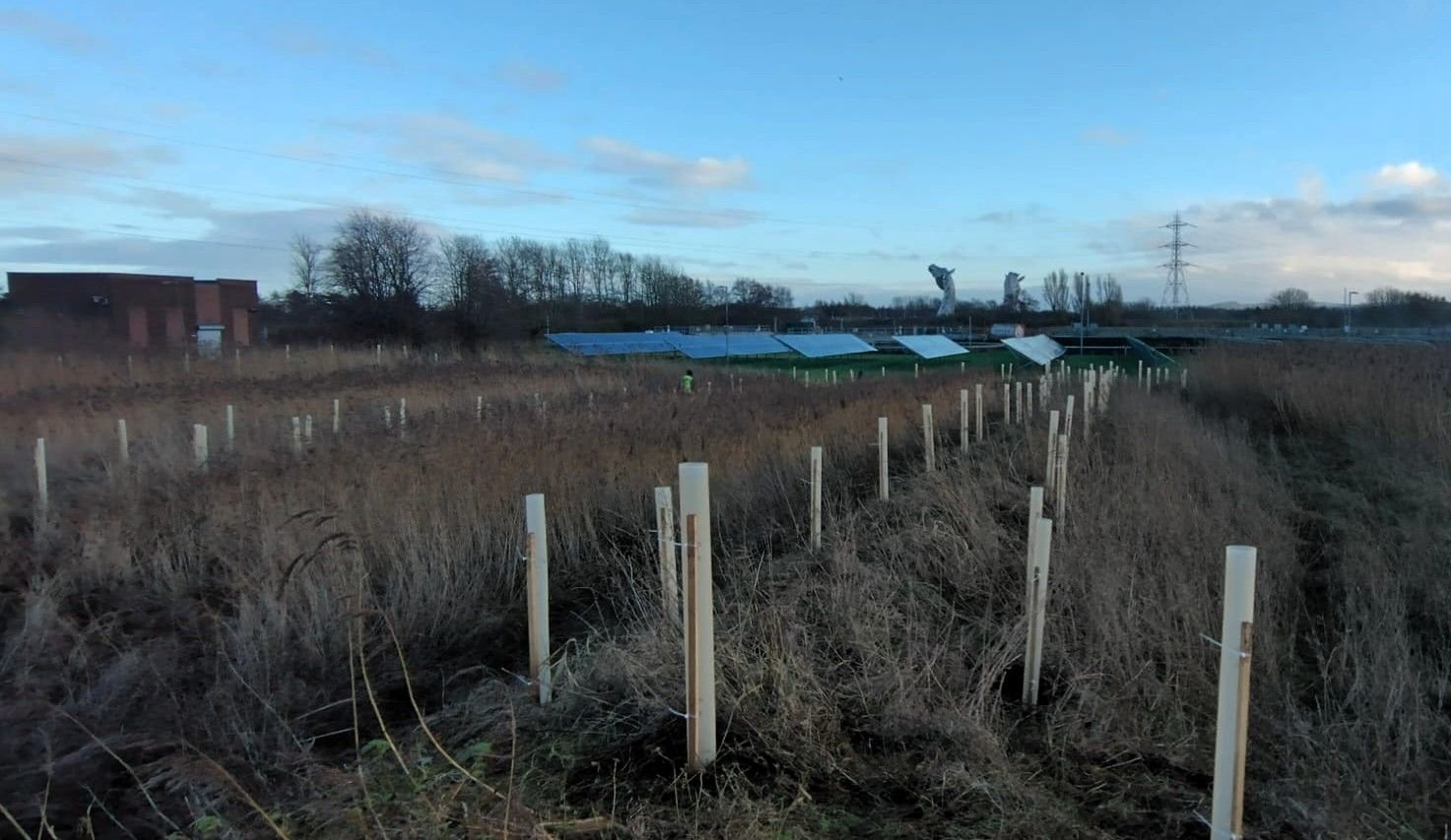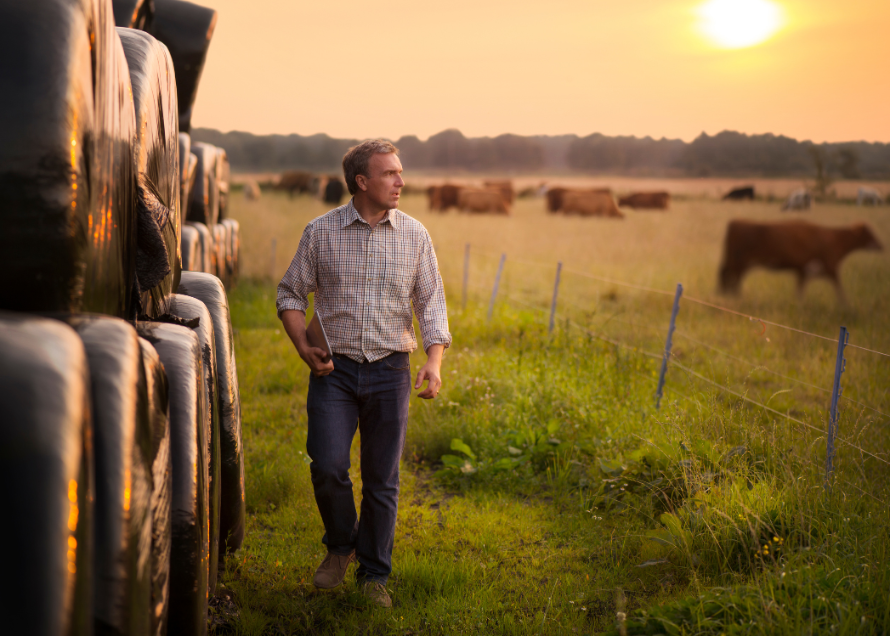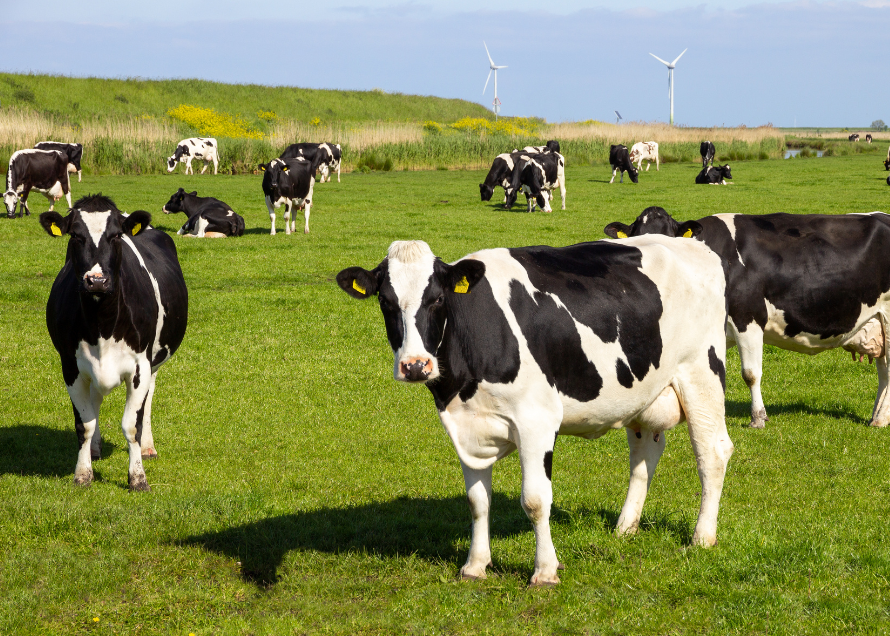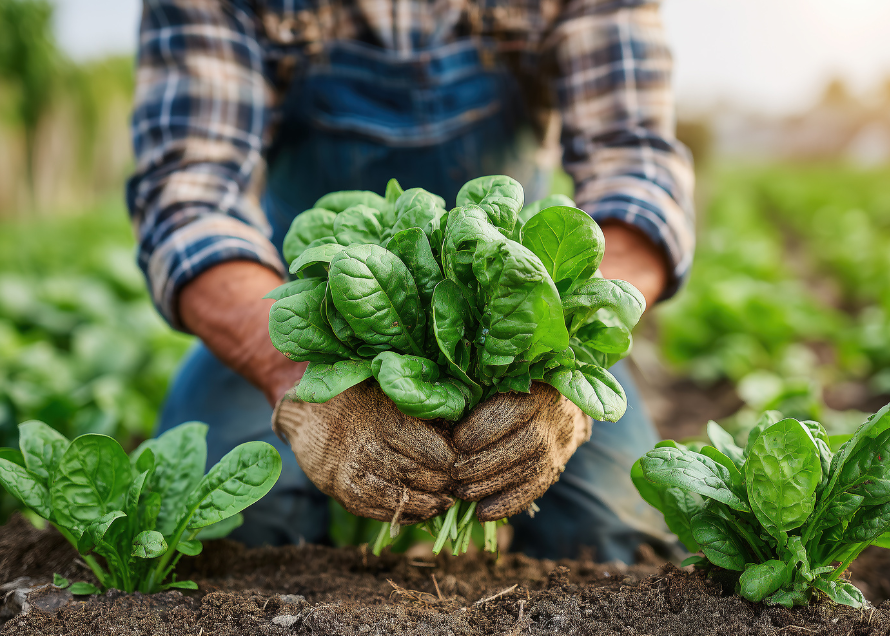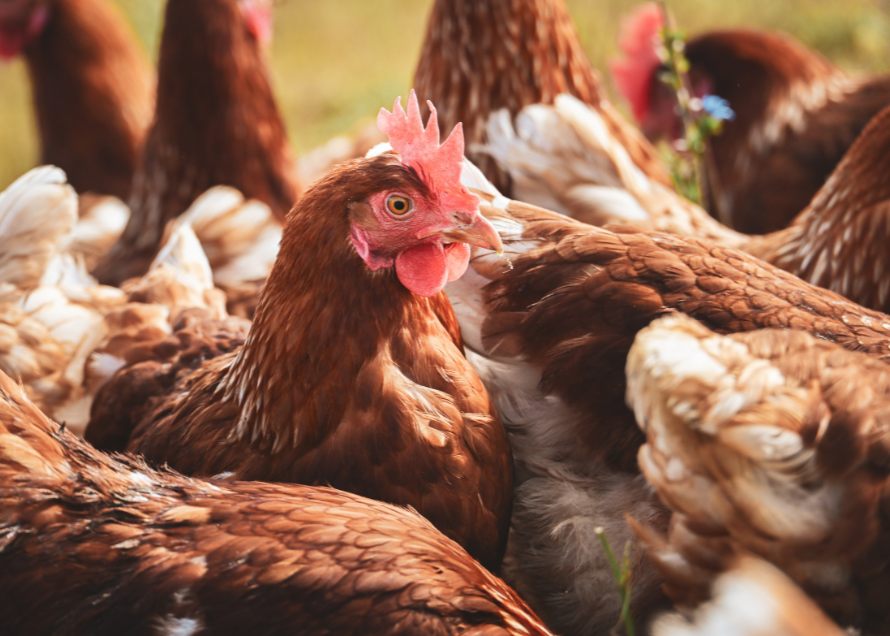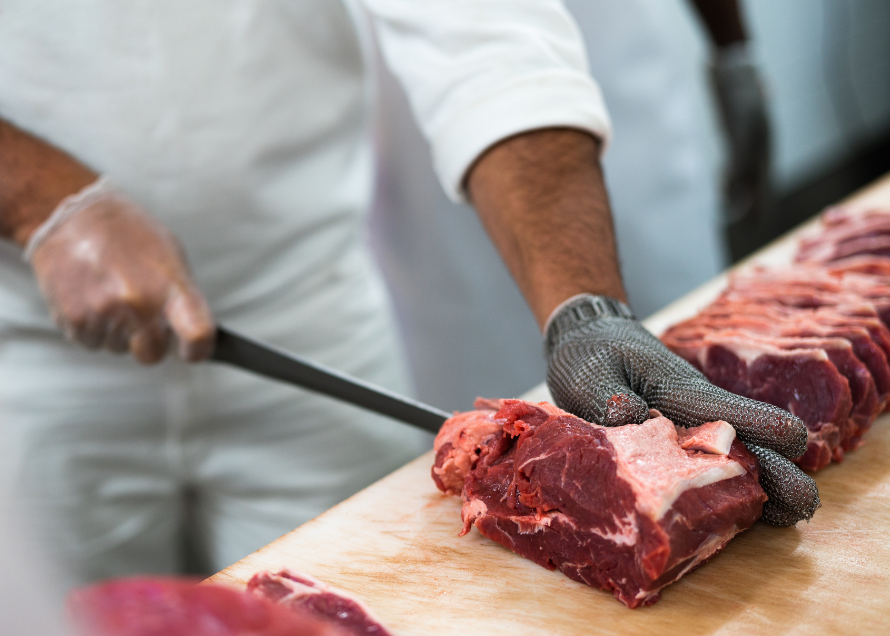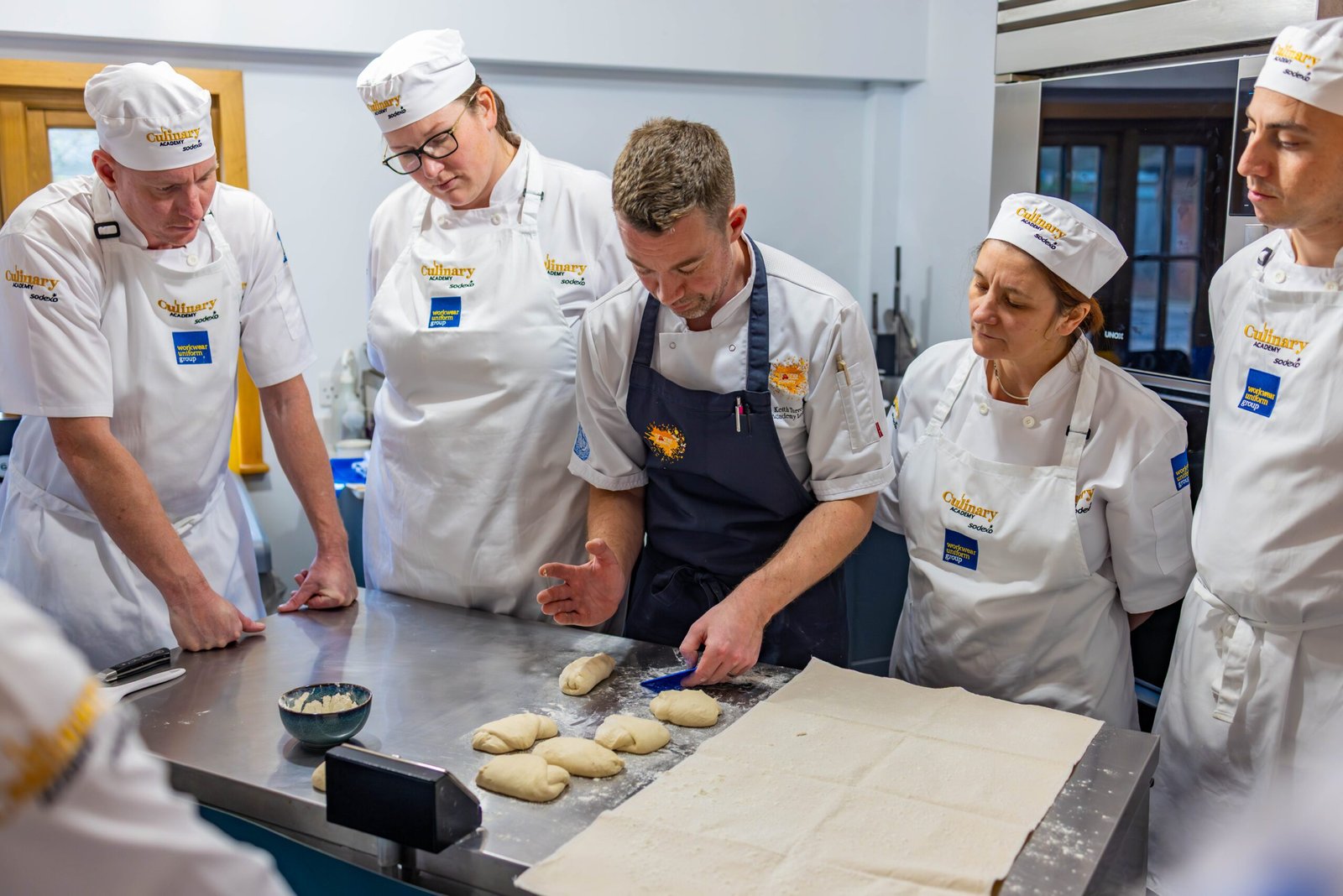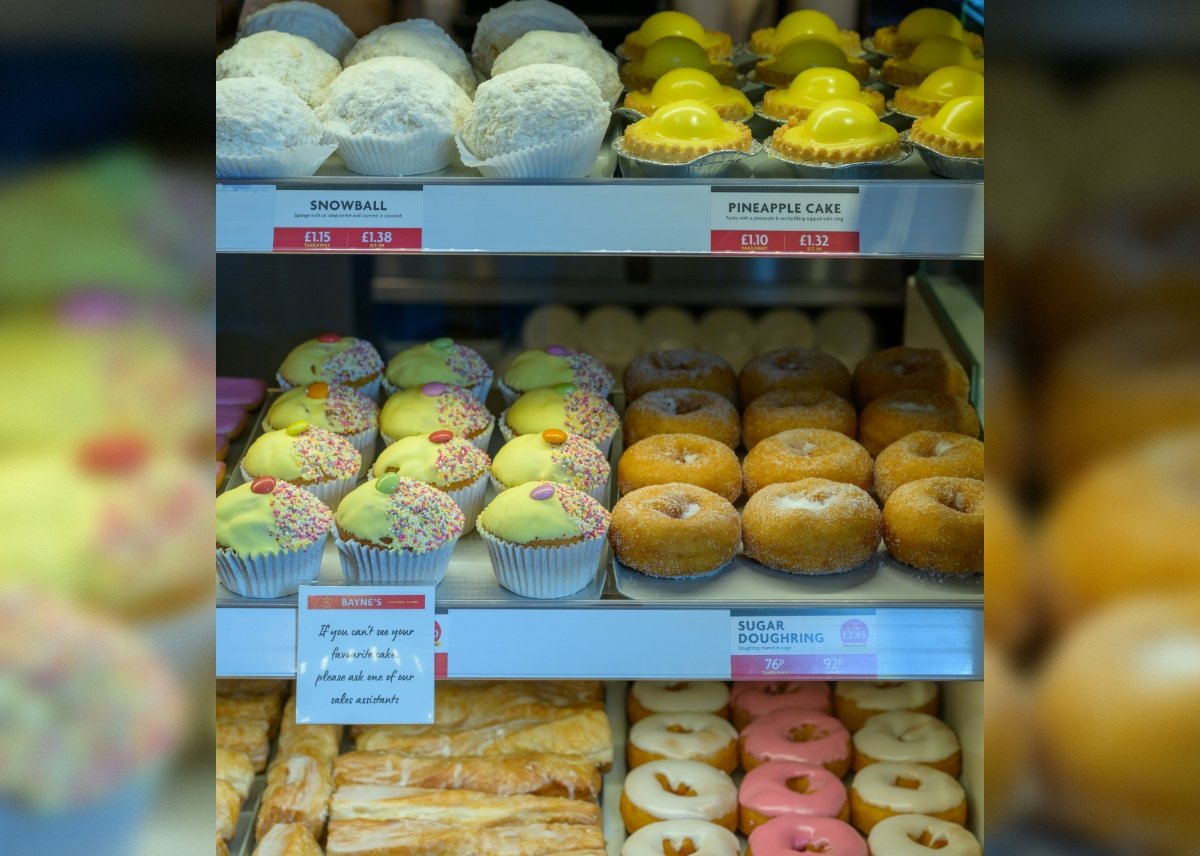Growing cereal crops in Scotland has become notably “unpredictable and difficult”, according to the farming organisation NFU Scotland (NFUS), amid increasingly erratic weather patterns affecting this year’s harvest.
The NFUS reported that “unusual weather” meant 2025’s spring barley is ready for harvest around two weeks earlier than usual, a circumstance farmers say they have never witnessed before. However, this early yield has come at a cost, with grain quality suffering as a result of a dry spring followed by further periods of dry weather.
The Scottish Environment Protection Agency has raised concerns about water scarcity in certain regions, exacerbating the challenges faced by growers.
Spring barley sown this year, which is often destined for whisky production, struggled with germination due to lack of moisture. Later dry spells further damaged crops, impacting malting barley – a crucial Scottish commodity for distilleries.
An NFUS spokesperson told the BBC: “The unusual weather we’ve had this year has not only caused the early harvest, it has also affected the quality of the grain, particularly in malting barley – a major Scottish crop. If the grain doesn’t meet maltsters’ specifications, it could be rejected, causing a serious loss of income for some businesses.”
This setback comes alongside distilleries scaling back whisky production and depressed global grain prices, intensifying the financial strain on Scottish cereal producers.
The NFUS has described the nation’s farmers as being on the “front line” of climate change, with increasingly erratic weather and rising costs prompting some to reconsider planting malting barley next season.
Despite these woes, the picture is not uniform across Scotland. Orkney producers have reported bumper yields, thanks to sufficient soil moisture in spring enabling crops to flourish before dry conditions prevailed. Yet even here, wet weather in June posed a threat, with the Met Office confirming it was Orkney’s wettest June on record.
Marty Hay of J & S Hay, agricultural contractors in Orkney, told BBC Radio Orkney, “We had our best spring I can remember, but June was just about too wet. We thought our luck had run out.”
You Might Also Like:
No related posts.
Hay explained that the local harvest was two to three weeks early, allowing farmers to bring in crops before the weather could deteriorate further – but at the expense of increased workload, as silage and cereal harvests overlapped.
As Scottish farmers battle climatic uncertainty, many are reflecting on whether growing crops like malting barley remains viable under such challenging conditions. The future of Scotland’s iconic whisky supply chain – and the livelihoods of cereal growers – may hinge on how the sector adapts to the new reality of unpredictable weather.

